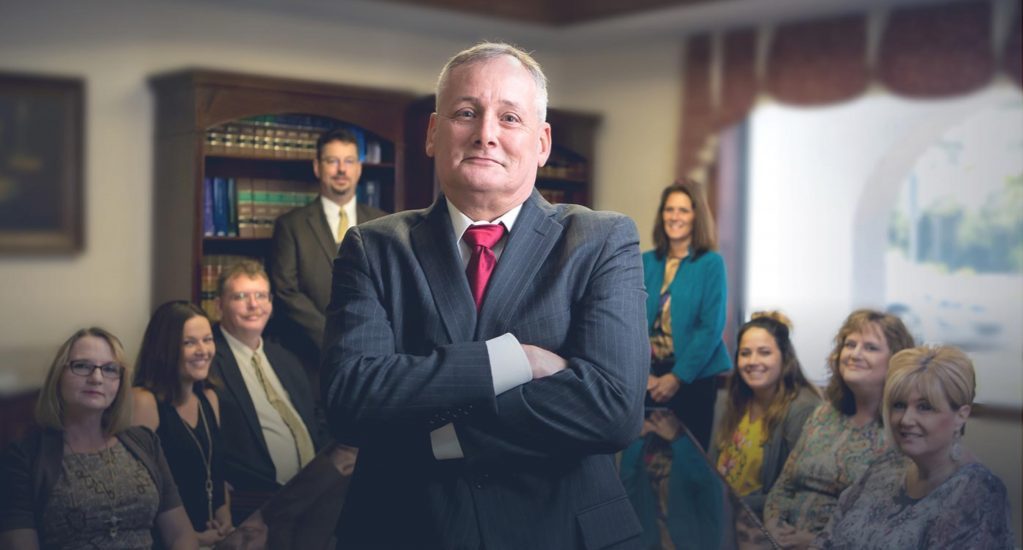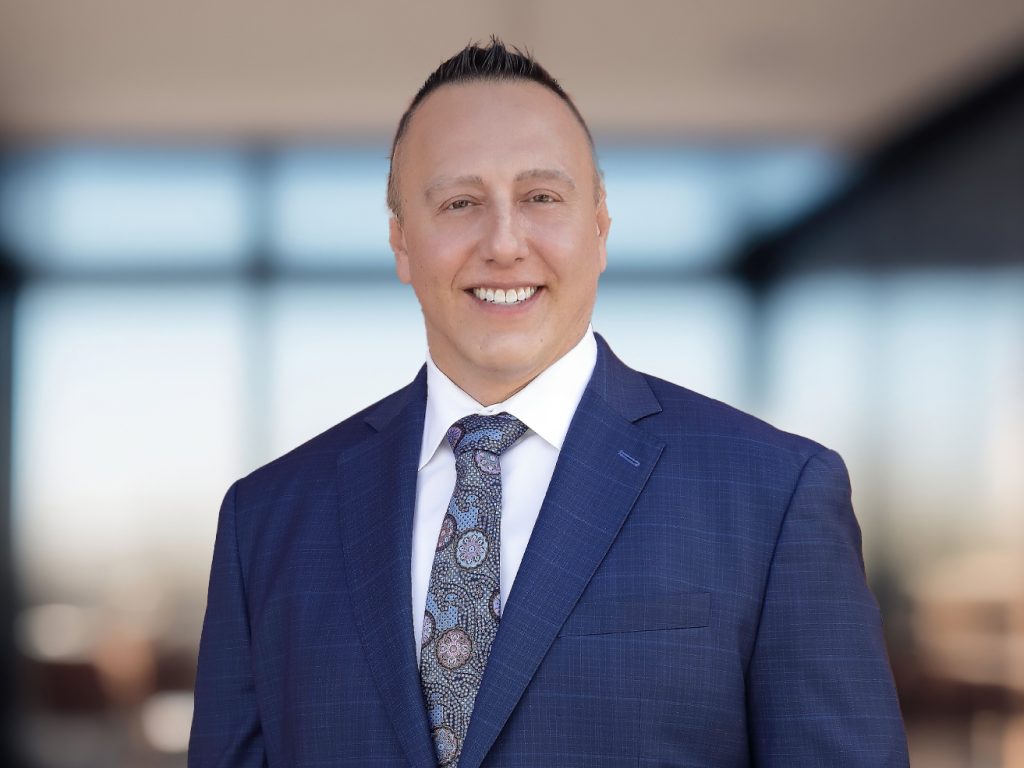Nursing homes’ choices can put the elderly at risk.
The COVID-19 pandemic has shone a light on the many issues in American nursing homes, but attorneys who represent victims of nursing home abuse and neglect have known about those problems for a long time. One of the most pervasive problems is inadequate staffing. Caring for nursing home residents is labor-intensive, and too many facilities were not adequately staffed to even provide day-to-day care, let alone deal with the additional challenges presented by a public health crisis.
When nursing homes fail to hire and retain enough staff, residents too often are harmed. The law provides recourse for injured residents and their families, however. Understaffing can be a key factor in establishing liability for nursing home abuse or neglect.
The legal definition of understaffing
At the federal level, Medicare and Medicaid certified nursing homes are required to always have a licensed nurse (RN or LPN) on duty, 24 hours a day, at least eight hours of which must be an RN. Federal law does not set specific minimum staffing levels for the nurse’s aides who are largely responsible for day-to-day care of residents, but the law does require sufficient staff to “attain or maintain the highest possible level of physical, mental, and psychosocial well-being of each resident.”
Most states have staffing standards above and beyond the federal requirements, but those requirements are not always consistently enforced. However, even if a nursing home is in compliance with the legal staffing requirements, it may still not have enough staff to provide all residents with high-quality care – and thus run afoul of other legal standards. In other words, “did the nursing home have the legal minimum number of staff?” is not the only relevant question for potential liability for injuries. We also ask whether the nursing home had enough staff to actually provide the services it was contracted to provide.
An understaffed nursing home may be in breach of contract
When a resident is placed in a nursing home, the nursing home usually enters a contract that sets out what services it will provide at what cost. The specific terms of the contract obviously vary from nursing home to nursing home, but at a bare minimum, the contract usually states that the nursing home will provide services that are reasonably necessary for the resident’s well-being.
Unfortunately, in an understaffed facility, even that low “reasonably necessary” standard may not be met. Residents may go days or weeks without being bathed, to the point where infections occur, because there aren’t enough staff to bathe everyone on schedule. Serious medical issues, such as broken bones, may go untreated for an extended period because staff are stretched too thin to check on every resident’s health. Failure to properly serve and monitor meals may lead to malnutrition.
Any business is responsible for having the resources needed to provide the services its customers pay for, but the stakes are much higher in a nursing home setting. If a nursing home fails to provide adequate services for residents, it can be held legally responsible when they become sick or injured due to those failures.
Short staffing and high turnover mean less diligence in hiring
People who work with vulnerable residents should be vetted and background-checked to confirm they are safe. Unfortunately, in an understaffed nursing home, administrators too often cut corners in hiring. They may fail to conduct background checks or even make up background check results to fill vacancies as fast as possible, especially if turnover is high – and turnover usually is high in understaffed facilities because of burnout. Moreover, a nursing home that is already shorthanded has an obvious incentive not to fire employees, even if they’re known to be dangerous.
From a liability perspective, this can lead to claims on the basis of negligent hiring or negligent retention. If a nursing home hires someone without conducting a background check, and an injured resident’s attorney can prove that a background check would have turned up a dangerous history, that could make the nursing home liable for an act of abuse committed by that employee. Likewise, if a nursing home fails to terminate a dangerous employee despite being aware of a risk of abuse, the nursing home can be liable for subsequent acts of abuse.
Understaffing, especially when paired with high turnover, also often results in negligent training and negligent supervision. By federal law, nursing homes are required to provide at least 75 hours of training for aides, not to mention ongoing supervision to ensure they are complying with safety and quality standards. In the dysfunctional environment of an understaffed facility, though, training and supervision often suffer. High turnover means the home becomes a constant sea of new faces with limited experience or familiarity with the residents’ needs.
Misuse of medication is a huge problem in understaffed facilities
One of a nursing home’s most fundamental responsibilities is to ensure that all residents are taking all their medications as prescribed: the right dose of the right medication by the right route at the right time. Nursing homes also have a responsibility to monitor for medication interactions or side effects, and to take prompt action if there is a medication issue. This all takes time, especially given the number of medications nursing home residents often take, which means it’s unfortunately common for understaffed facilities to cut corners or rush through the process. Overworked and exhausted staff are more prone to errors of all sorts, including medication errors. Understaffing and high turnover can also result in staff being inadequately trained to safely administer medication.
Missed doses or accidental overdoses are bad enough. What’s even worse is the practice of “chemical restraint;” that is, deliberately over-medicating residents to keep them docile. This is highly unethical and dangerous (not to mention illegal), but it’s the sort of thing that can fester in an environment where staff are overworked, overwhelmed, and poorly supervised.
Whether deliberate or negligent, misuse of medication in nursing homes is a violation of the nursing home’s responsibility to care for residents. Victims of medication errors can hold the nursing home liable.
Understaffed nursing homes may have poorly maintained premises
We think of understaffing as being primarily about the people working in the nursing home, but it also has implications for the physical space. Nursing home staff who are already stretched thin tend to focus their limited time on resident care, not maintenance. The problem is that properly maintaining the space is itself an important part of resident care.
Elderly people tend to have poor eyesight, so proper lighting is important to prevent accidents that can cause serious injuries. Rooms and hallways need to be kept clear of tripping hazards. Spills need to be cleaned up promptly to avoid slip and falls. These issues are more likely to crop up in understaffed facilities, and that puts patients at risk.
In addition to negligent maintenance, understaffed nursing homes may have issues with negligent security. Nursing homes need to properly screen visitors and make sure the premises are monitored to avoid visitor-on-resident and resident-on-resident abuse. When there aren’t enough staff to physically monitor the premises, those dangers increase significantly. The nursing home can be held liable for failing to properly secure the facility if an act of abuse occurs under their watch.
Victims of negligent facilities have legal rights
While the specific standards that apply to nursing homes vary from state to state, injured residents and their families have legal recourse in every state. An attorney can intervene to preserve documents, such as hiring and supervision records, that may be critical to establish liability and determine why a resident was harmed, and pursue financial compensation from the nursing home through the civil justice system.
If you have reason to believe your loved one was abused or neglected in a nursing home, you need to find an experienced nursing home abuse and neglect lawyer in your area as soon as possible. Talking to an attorney can help you identify your legal options and decide what the right move is for your family.
Johnson Greer Law Group is a personal injury law firm in Decatur, GA.






